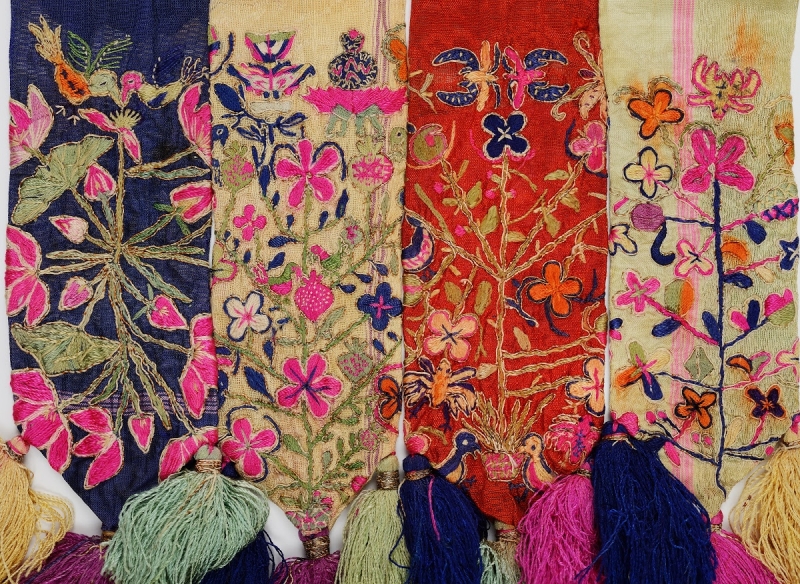- Get link
- X
- Other Apps
Jasu: Korea’s Traditional Embroidery Art

Photo: Intricate traditional Korean embroidery on silk fabric.
🧵 What is Jasu?
Jasu is the traditional Korean art of embroidery, adorning clothing, household items, and ceremonial textiles with vibrant threads. It reflects both decorative beauty and symbolic meaning.
🌸 Patterns and Symbolism
Common motifs include flowers, butterflies, birds, and dragons, each representing wishes for health, prosperity, love, and longevity. These designs often carried protective or auspicious meanings.
👘 Everyday and Ceremonial Use
Embroidery was applied to hanbok (traditional clothing), pillow covers, wedding robes, and wrapping cloths (bojagi), enhancing objects with elegance and grace in both daily life and special occasions.
🎨 Artistic Techniques
Various stitches—such as satin, split, and chain stitches—were used with silk or gold thread. Artisans demonstrated great skill and patience, often taking months to complete a single piece.
💬 Final Thoughts
Korean embroidery blends artistry and tradition, turning fabric into cultural heritage. Jasu continues to inspire modern textile art and fashion design with its timeless charm.
- Get link
- X
- Other Apps
Comments
Post a Comment